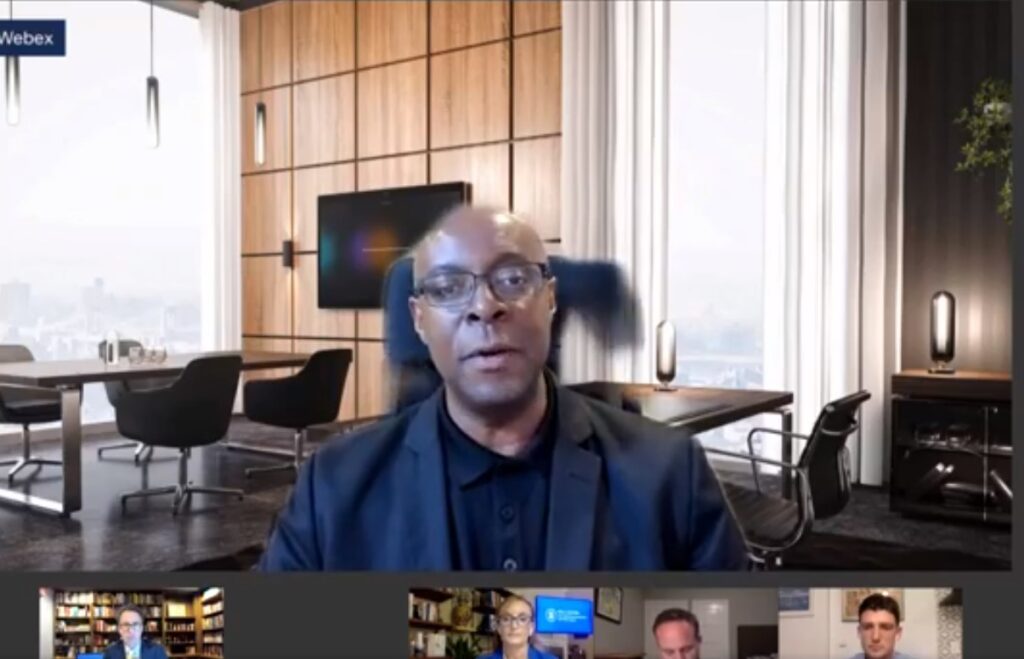Recap: “2020 Election Security: Threats, Strategies, and Solutions”
The security of our elections has been an issue of great importance following the 2016 election. Many fear that interference from foreign powers in our elections, specifically from Iran, Russia and China could threaten our democracy and the democratic process. The threat to our elections continues to be an important topic following the 2020 election and it appears this will be a topic of discussion for years to come. During the Pell Center event “2020 Election Security: Threats, Strategies & Solutions,” an exceptional panel discussed everything from disinformation to changes made to election security infrastructure since the 2016 election.
This panel featured Moderator Francesca Spidalieri, a Senior Fellow for Cyber Leadership at the Pell Center and a cybersecurity consultant for Hathaway Global Strategies, LLC. She was joined by panelists Dr. David Mussington, the Director of the Center for Public Policy and Private Enterprise at the University of Maryland School of Public Policy, Derek Tisler, a fellow and counsel with the Brennan Center for Justice’s Democracy Program, and David Levine, the Elections Integrity Fellow at the Alliance for Securing Democracy.
The panel discussed the security of the upcoming election, specifically discussing distrust in government and mail-in voting, the safety of in-person voting, disinformation, distrust in institutions like the U.S. Postal Service foreign threats to the election and paperless voting. The challenges of ensuring that our elections are secure is an extremely difficult task and will be for years to come.
Social media was also a key topic during the event along with the effect disinformation could have on the election. Disinformation on social media is a remarkably effective way for foreign adversaries to promote material that is harmful to the democratic process. It was noted that not much has been achieved when it comes to stopping this disinformation and foreign interference on social media or even slightly deter this activity since the 2016 election despite some empty threats. The panelists expressed frustration on this issue and hope we will do more to combat and dissuade from this type of activity in the future. They would like to see more cybersecurity additions to our election infrastructure and more investment in our democracy by helping voting officials get more training to ensure more safe and secure elections.
The panel did discuss strategies that could make sure that the 2020 election would be fair, safe, and secure. The panel was able to assure people in attendance that the election process, though slower than usual this year, will yield correct results and that the public would have to be patient. Additionally, they discussed significant gains in the effectiveness of the planning and infrastructure for the 2020 election. The panelists were encouraged by how states were handling the pandemic and making voting safer with the vote by mail campaign to limit the number of people at polling places with curbside, drive through, and early voting. Panelists added this could have security benefits by spreading out the impact on our voting infrastructure. Overall, this Pell Center event allowed voters feel a lot better about the safety, security, and fairness of the 2020 elections.

